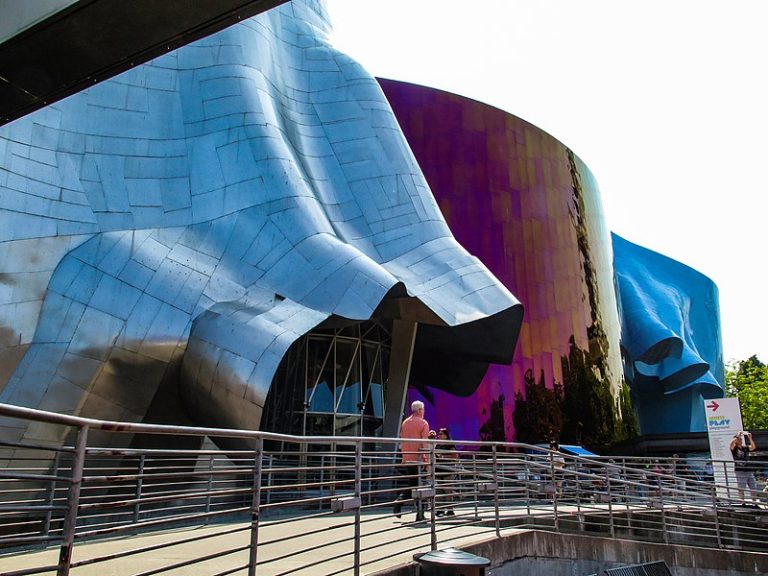Published on January 25, 2022

On Jan. 19, the non-profit organization ArtsFund released a COVID Cultural Impact Study, an expansive effort to analyze the pandemic’s impact on Washington’s cultural institutions and their role in the state’s communities which ArtsFund believes is “essential.”
Arts and cultural venues were among the first to close when COVID hit in March 2020 and often remained the last to re-open, if at all. Utilizing data from both cultural organizations and Washington residents, the COVID Cultural Impact Study analyzed the depth of the challenges the pandemic has created for Washington’s art and culture sector and illuminates the support necessary to revitalize these integral institutions.
“COVID-19 has fundamentally changed the way that we interact with each other and arts and culture have been a substantial part of what is seeing our communities through this change,” explained Michael Greer, ArtsFund President and CEO. “We recognize we are not at the tail-end of the pandemic–we are at the beginning of a structural transformation. As our sector continues to provide economic, social, and emotional support for our communities, this study offers both the qualitative and quantitative evidence needed for arts organizations to advocate for support and plan for the future.”
According to the study, the cultural workforce has been significantly impacted, prompting concern for a “cultural brain drain” with 41 percent of organizations having furloughed staff or reduced hours or pay.
While over 70 percent of cultural organizations are open in some capacity, public participation declined significantly during COVID and the constantly changing nature of the pandemic means many have not returned to in-person events. Cultural participants are expected to spend about half of what they spent pre-pandemic on cultural programming, impacting related industries including food, lodging, and retail, among others.
Cultural participants resoundingly agree, at 93 percent, that the role of art and cultural organizations will be important to Washington’s post-pandemic recovery. Forty-eight percent of cultural participants have placed more value on cultural programming since March 2020.
The COVID Cultural Impact Study is authored by BERK Consulting with research collaboration by GMA Research and Dr. William Beyers, University of Washington.
Continue reading at Kent Reporter.
Originally written by Cameron Sheppard for Kent Reporter.